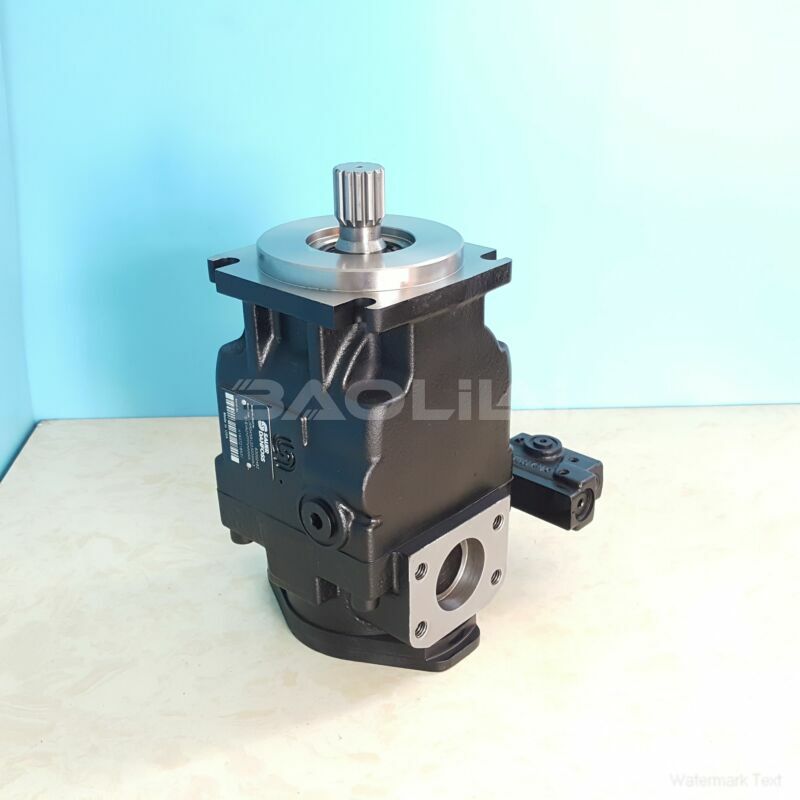JRRS60BBS3125NNN3S1REA2NNNNJJJNNN hydraulic pump
JRRS60BBS3125NNN3S1REA2NNNNJJJNNN hydraulic pump

- Product Details
- Applicable Scene
In the field of water and wastewater treatment, efficient fluid handling is a critical component that ensures operational effectiveness and environmental safety. Hydraulic pumps play a vital role in managing the movement of water, sludge, and other fluids throughout treatment facilities. This article explores the significance of hydraulic pumps in fluid handling, their types, applications, and benefits in the context of water and wastewater treatment.
JR-R-S60B-BS-31-25-NN-N-3-S1RE-A2N-NNN-JJJ-NNN
JRRS60BBS3125NNN3S1REA2NNNNJJJNNN
Hydraulic pumps are essential for transporting fluids under pressure, and in water treatment facilities, they assist in various processes, including filtration, chemical dosing, and disinfection. Similarly, in wastewater treatment plants, hydraulic pumps are used to convey raw sewage, sludge, and treated effluent, ensuring that water is processed efficiently and safely returned to the environment or reused.

83025868
There are several types of hydraulic pumps used in fluid handling, each with its unique advantages:
Centrifugal Pumps: These are one of the most common types of pumps used in water treatment applications. They work by converting rotational kinetic energy into fluid flow. Centrifugal pumps are known for their ability to handle large volumes of fluid at low pressures, making them ideal for various applications, from raw water intake to filtration.
Positive Displacement Pumps: These pumps move fluids by trapping a fixed amount of liquid and forcing it through the discharge. They are especially useful in situations requiring precise flow control or when handling high-viscosity fluids, such as sludge in wastewater treatment.





